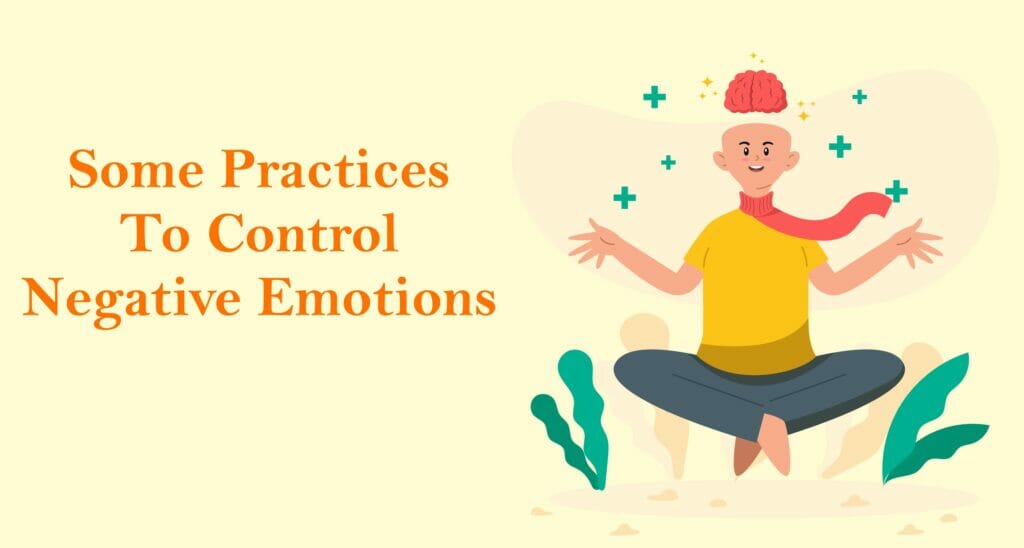People who stutter can be highly successful in their jobs and in their lives. We have met with professors, researchers and academicians, who still struggle with stuttering. We know about actors, directors, poets, authors, entrepreneurs and politicians who have speech dysfluencies.
Do you believe it was always easy for these highly successful and popular people to socialize or express their thoughts?
Whether you come from an affluent background or a humble one, the struggles of stuttering, the frustration of not being able to express your own thoughts remains the same. As children, most of us have been bullied by students and sometimes by our teachers. High school was no different – lunch hour was always lonely! Each time we got stuck on a word, the burden of shame and anxiety seemed to increase till it held our tongue down like a lead anvil and we went home feeling like a failure.
Sadly, for the many of us, who love to speak with ourselves during our “alone time”, or read poetry when no one’s listening, such feelings of failure are still real. Personally, I find it difficult to identify when the cumulative trauma actually began. However, I know for sure that it would have continued till today had I not found the help I needed.
Today, you might find it difficult to leave your house or speak to a stranger, but that does not mean, you cannot overcome the hardships and meet success on your way!
Here are some of the practices that have helped me over the past few years to take control of my negative emotions and reduce my anxiety –

- Include 5 minutes of mindfulness to your day – When you are just sitting around at home, or waiting for the reply to an email, you can practice mindfulness. You can use guided meditation if you are a first- timer. The goal is to not judge or justify your emotions. Mindfulness is about accepting whatever emotion you are feeling and increase your tolerance for all sorts of emotional pain. Mindfulness will also help you feel less afraid, anxious and embarrassed when it’s your turn to speak. Once you are the master of your emotions, there is no stopping your fluency!
- Practice grounding – We practice grounding only when emotional pain becomes too difficult to bear. It works by focusing on the exterior world, for example, the work you may be doing right now. It is only a technique that allows us to distract ourselves from the harsh emotions of anger, sorrow, disappointment, and anxiety for a period. Grounding is what allows us to be in touch with the realities that surround us rather than the negativity that tries to take hold of our minds. Grounding can be a physical exercise or a mental one. For example, it can be as simple as touching the pen in your pocket before you start speaking or making a mental note of all the colours your listeners are wearing today. You can also choose to think about your favourite animals, birds or flowers to ground yourself to what is real and far away from the rage, fear or aversion you are feeling within.
- Use resourcing to feel better – Everyone has at least one good memory or a happy place that they go to when they feel troubled or despaired. Resourcing is the method of using happy or positive memories to reinstate a positive emotional state despite the sadness, disappointment or frustration you might be feeling. Sometimes, it can be the memory of a sunny afternoon you spent with your dog at the park, or a lazy Sunday spent on the couch with nothing but chips and diet coke for dinner. This exercise helps build resilience. The resilience zone is what helps in managing strong negative emotional responses and brings calming sensations.
According to experts including Charles Van Riper and Barry Guitar, stuttering is a problem that has multiple unknowns. That is precisely what makes it extremely difficult to cope with the emotions the bubble up once a person who stutters begins to face criticism, mockery and discrimination.
Accumulating trauma often contributes to crippling anxiety made worse by peers lacking empathy.
The treatment for stuttering is not uni-dimensional. Moreover, it is not the same for every individual. Your speech-language pathologist or speech therapist should be able to guide you towards fluency through speech exercises. However, for many adults emotions play a strong role due to the accumulated trauma, embarrassment and anxiety that has controlled their fluency for years, or even for decades. Therefore, you might want to seek the help from a cognitive behavioural therapist, along with the support of modern technology (mobile apps) that can help you focus all the energy towards a more positive direction.










